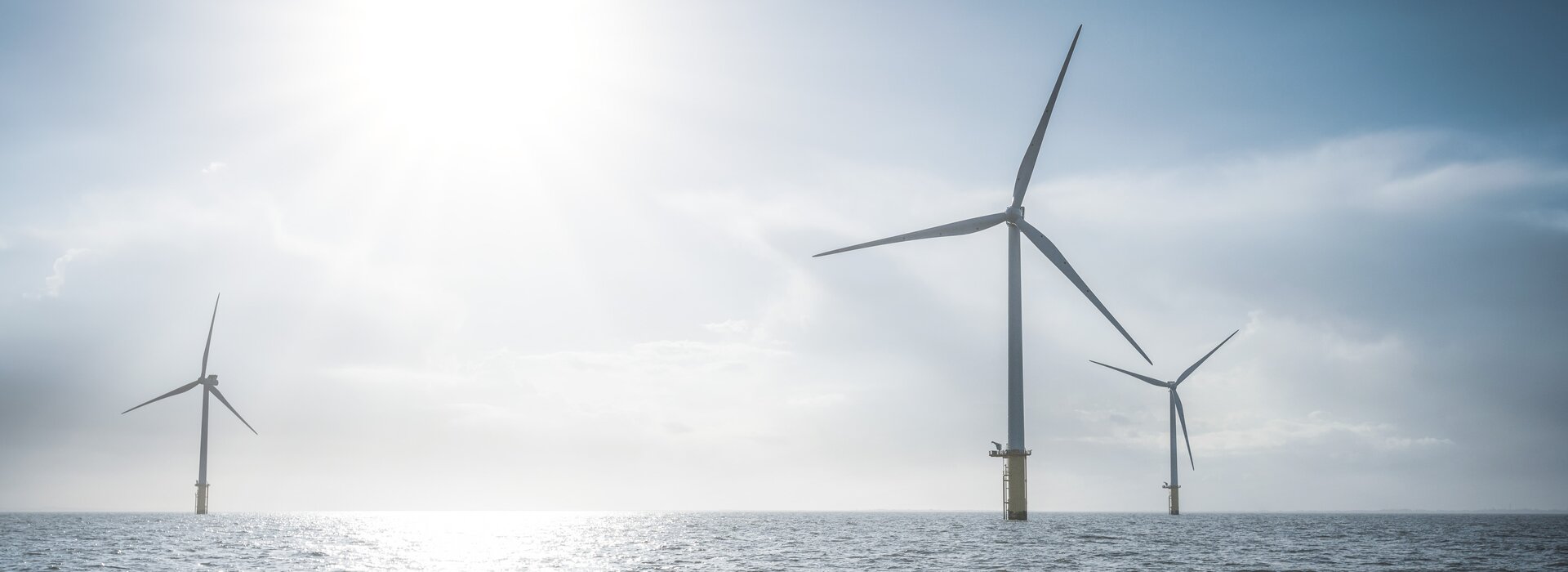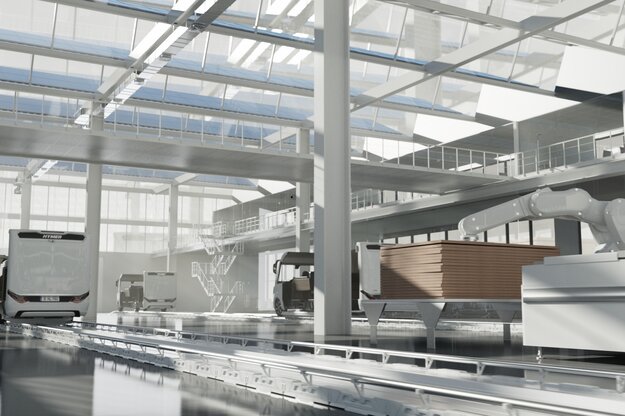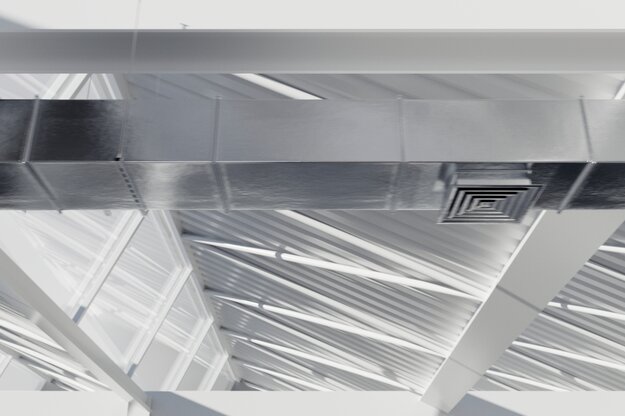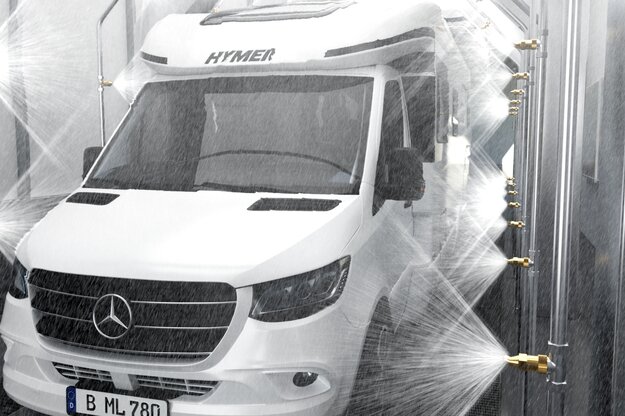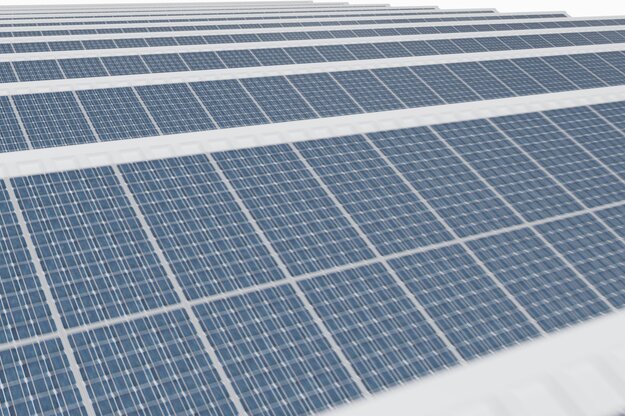Environmental Responsibility
Caravanning and the responsible use of resources have always been closely linked. An intact and healthy natural environment is the most important prerequisite for unique leisure experiences — therefore, we see it as our duty to preserve it and actively protect it in our fight against climate change.
As an industry leader, we see it as our obligation to lead the way in reducing CO2 emissions and conserving natural resources. Our guiding principle is: avoid – reduce – compensate. We have already made good progress on our path to a CO2-free future:
-
Between 2018 and 2020, we were already able to more than halve CO2 emissions at our production sites in Europe.
-
By 2030 at the latest, we will have reduced our CO2 emissions by a further 50%.
-
By 2050 at the latest, we as a company are aiming to have a completely climate-neutral value chain.
-
On our path to climate neutrality, we offset our unavoidable CO2 emissions through certified projects with the highest quality standards.
-
Innovations such as alternative propulsion systems, lightweight construction, connected travel and autonomous motorhomes are our current research priorities for an environmentally friendly caravanning experience.
Carbon-Neutral Production and Resource Conservation
Heat recovery
For thermodynamic reasons, the generation of compressed air creates heat as a byproduct, which is largely lost as waste. Through heat recovery, we can harness and utilize this energy at our sites – for heating, for example. Much like with a heat pump, the amount of usable energy (from compressed air and heat) could even be greater than the generated electrical energy.
Water treatment
Leak testing our vehicles is an integral part of our quality control process — to do this, we use large quantities of water. At our plant in Neustadt, Saxony, we use a treatment system to ensure that we can reuse this water again and again in a closed-loop system. This means that no more precious drinking water is wasted.
